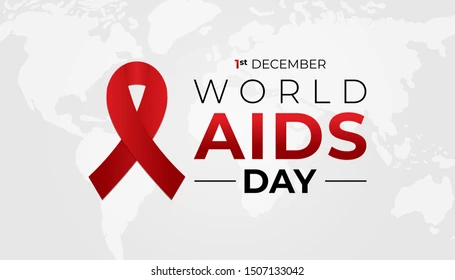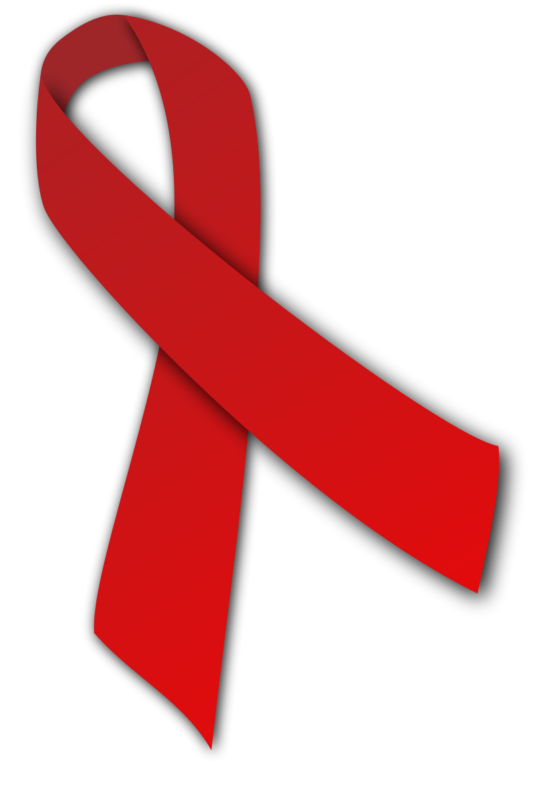
Residents are encouraged to wear something red today, as an act of remembrance for all those lost to an AIDS-related illness – some 38 million people worldwide – and to show their determination that new cases will end by 2030
It is also an opportunity to show support by increasing HIV awareness, encouraging prevention and linkage to care, and speaking out against stigma.
People who are HIV+ can live a longer and healthier life by obtaining viral suppression. Viral suppression is achieved by medication adherence to reduce the amount of virus in one’s body.
But World AIDS Day is not just a day of remembrance or nostalgia, it’s also a reminder of the ongoing struggle and devastating impact of HIV stigma, as well as an opportunity to encourage HIV testing and highlight the support available within the local community.
According to the UNAIDS World AIDS Day report released on Tuesday, 650 000 people died as a result of AIDS in 2021, and 1.5 million people were newly infected with HIV. At this rate, 7.7 million people could die from AIDS-related illnesses by 2030. These statistics should be alarming to the average person. Yet the inequities that live within these numbers perpetuate HIV’s status as a disease that belongs to someone other than them.
Those most impacted by AIDS are vulnerable and marginalized groups. The disproportionate rate of infections in black and brown communities, women, people who inject drugs, sex workers, people who are economically disenfranchised, gay and bisexual men, and other sexual and gender minorities points to ongoing inequalities in rights, education, and access to healthcare and prevention therapies.
Despite the social progress of the last 40 years, there remain deeply embedded and harmful responses to this disease that imply that the manner of infection is what dictates our empathy.
On World AIDS Day 2022, global leaders are issuing a call to “equalize.” Tackling this disease means breaking down the cultural, social, and structural barriers that prevent available resources from reaching everyone.
Founded in 1988, World AIDS Day was the first ever global health day.





0 Comments